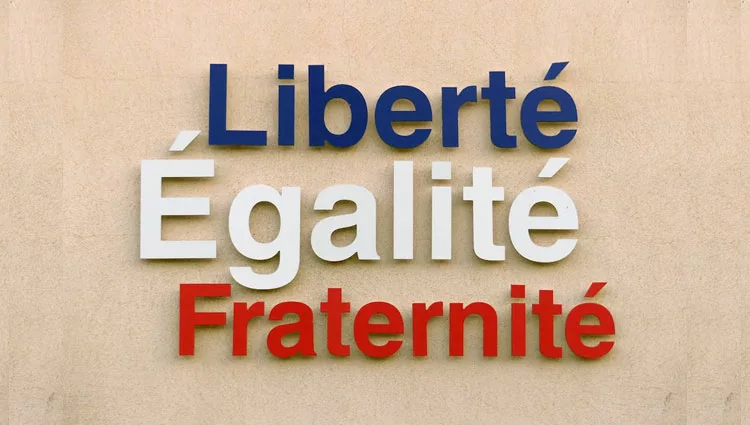The French Revolution is one of the most favorite topics for analysis. Whether you’re in high school or university, you’ll come across this iconic revolution one way or the other. That’s because the ideals spread by the brave soldiers, as well as the social and political implications, are too important to ignore.
If you’ve been dozing off in history class when the topic was being covered, then you might struggle with your assignments. Fortunately, you can always book professional history homework help online. But that’s just a temporary solution. Unless you figure out the main details of this topic, you’ll continue to struggle with homework related to it. So, in this blog, you’ll cover the primary causes and the long-lasting effects of the French Revolution.
What Were the Causes of the French Revolution?
The years spanning from 1789 to 1799 was a time characterized by political and social upheaval. According to an expert, a professional history homework guidance website, there were multiple causes that led to the French Revolution. Let’s take a closer look at them.
1. Social reasons
The unequal and exploitative social structure of France led to discontentment amongst the working class. Society was divided into three estates. The first two estates consisted of the clergy and nobility, who enjoyed positions of power and were exempt from paying taxes. The third estate, which mostly consisted of the working class, formed the majority. They had to pay excessive taxes and barely had any rights. Their growing discontentment finally culminated in the French Revolution.
2. Economic reasons
France’s involvement in the American Revolution weakened its economic state. The extravagant life led by King Louis XVI didn’t help either. Besides, the peasants and the working class had to bear the weight of the empty coffers. They were taxed heavily, while the nobility and clergy did not pay taxes.
3. Political reasons
King Louis XVI was an autocratic leader who did not understand the pain and suffering of his people. While the French people were barely making ends meet, their king spent obscene amounts of money on his comfort.
4. Intellectual reasons
The French thinkers refused to adhere to the Divine Rights Theory and rejected absolute monarchy. Thinkers and philosophers like Rousseau, Diderot, and Voltaire played a significant role in highlighting the drawbacks of the political system. They advocated the doctrine of equality and sovereignty.
What Were the Effects of the French Revolution?
The French Revolution effectively ended absolute monarchy in France and welcomed the establishment of democracy. The imbalance in power was removed since all the feudal privileges were abolished, and the power enjoyed by the clergy was diminished.
On August 4, 1789, the National Assembly passed the Declaration of the Rights of Man. This Declaration focused on the following –
- End to tax exemptions
- Freedom & equal rights for all men
- Public office positions being granted based on talent
However, the French Revolution was not perfect. Take the Declaration of the Rights of Men as example. Do you notice any mention of women in it? No, because the National Assembly did not even consider including women.
But that’s not all.
After the French Constitution was formed, it curbed the powers of King Louis XVI. But this was not taken well by the extremists who wanted him to stand trial. After King Louis XVI was executed, the Reign of Terror began. People were being arrested and executed under the slightest suspicion of being a rebel. The extremist, Robespierre, was at the helm of this operation. After his execution, this dark period finally ended, giving way to a more moderate phase and marking the end of the French Revolution.
Despite the challenges that this revolution faced, there’s no doubt that it played a major role in changing the world. The ideals of liberalism, fraternity, democracy and enlightenment were spread across the world by the French thinkers and soldiers. Europe drew a lot of inspiration from the ideas spread by the French Revolution. The common people found solace in these ideas and gathered the strength to rise against their own monarchies. Thus, the effects of the French Revolution didn’t cease with its end in France. It led to the fall of many monarchical systems in Europe.
In summary,
The French Revolution was a direct result of various political, social, economic and intellectual causes. It led to the fall of the monarchy and the rise in democracy in France and even inspired citizens of other countries to revolt against despotic leaders. The Revolution might have its shortcomings. But its far-reaching effects played a major role in shaping the politics of today.

